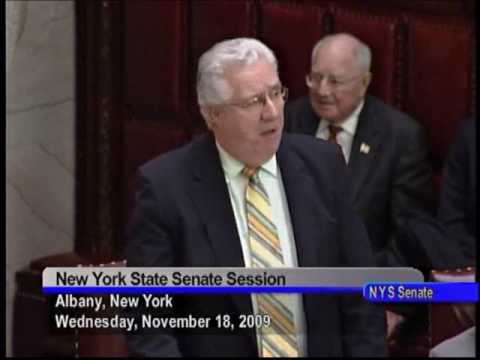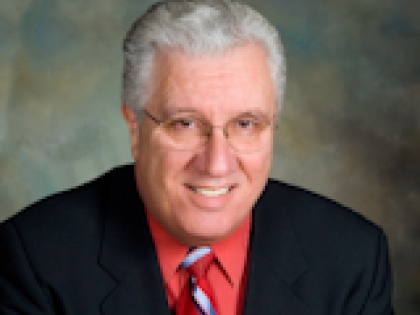
Senate Passes Legislation to Protect Senior Citizens from Abuse and Exploitation
June 15, 2015
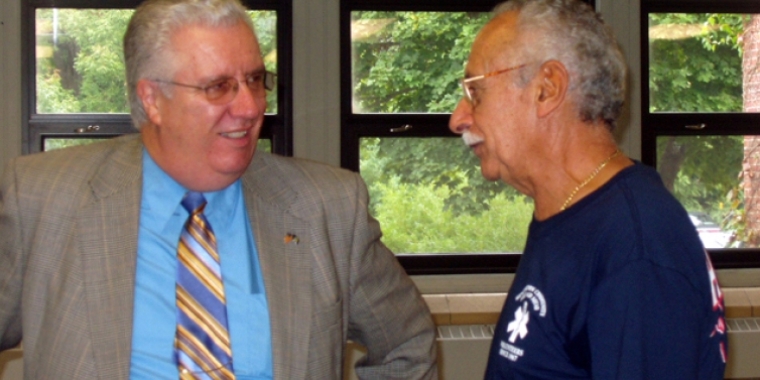
The New York State Senate today passed a sweeping package of 10 bills to protect vulnerable senior citizens from predatory financial schemes and physical and emotional abuse. The legislation would create a statewide elder abuse reporting system and increase public awareness of elder mistreatment, facilitate the prosecution of individuals who endanger the welfare of seniors, and help ensure adequate care for the elderly in long-term care facilities.
“Protecting our seniors is a top priority, it is vital that we do all we can to the elderly from mistreatment and abuse and ensure that they receive the best care. These bills will establish new protections for our elderly citizens and give law enforcement officials additional tools to pursue and prosecute those who would harm senior citizens, said Senator Carl L. Marcellino
By 2050, people age 65 years or older are projected to comprise 20 percent of the United States’ population. Data from Adult Protective Services agencies indicate a national increase in reports of elder abuse. However, a New York State study on the prevalence of elder abuse found that for every case known to programs and agencies, 24 were unreported. The legislation passed today would:
Expand Protections Against Elder Abuse
A national study found that approximately 90 percent of elder abusers were family members, most often adult children, spouses, and partners. This maltreatment takes many forms, ranging from physical and psychological abuse to financial exploitation.
The Senate gave final passage to legislation (S5905), which would broaden the focus of the New York State Committee for the Coordination of Police Services to Elderly Persons. This committee studies and evaluates Triad Programs, which are partnerships between senior citizens, senior providers, and law enforcement to reduce criminal victimization of the elderly and enable greater community involvement in implementing solutions. Today’s legislation would authorize the committee to examine approaches to improving the quality of life for seniors in addition to the Triad Program to further protect elderly citizens from physical, emotional, and financial abuse.
Bill ( S639,), authorizes banks to refuse to carry out a monetary transaction if there is reason to believe that it involves the financial exploitation of an elderly adult. The banking institution may also provide relevant records to law enforcement and social service officials investigating these crimes. By allowing a banking organization to refuse to conduct a monetary transaction if there is evidence of financial exploitation, this bill would provide protection for all vulnerable adults who are 18 years of age or older.
In addition, legislation (S641) would expand the definition of a caregiver in the penal law in order to protect seniors from individuals who endanger their welfare. Currently, a caregiver is defined as a person who assumes responsibility of care of a vulnerable elderly, incompetent, or physically disabled person under court order, or who receive monetary or other compensation for providing such care. Law enforcement officers have been frustrated by the limitations of this description, which does not extend to unpaid individuals. Today’s bill would broaden that definition to include someone who assumes responsibility of a vulnerable person without a court order, such as a volunteer caregiver, appointed guardian, or power of attorney, eliminating a crucial barrier to the prosecution of elder abuse.
Monitor and Increase Public Awareness of Elderly Mistreatment
The Senate approved a bill (S852 ) to better identify and prevent incidences of elder abuse throughout New York State. Under this legislation, the state Office of Children and Family Services (OCFS), along with the state Office for the Aging, would be required to collect and analyze data on the mistreatment and neglect of seniors from state and local agencies, create an interagency elder abuse reporting system, and produce a report with recommendations to prevent these offenses from occurring. Requiring OCFS to clarify the definition of elder abuse and examine incidences of senior mistreatment would help establish accurate figures to assist state and local agencies in prosecuting these crimes.
Final legislative passage was given to S5328A, sponsored by Senator Serino, that would increase awareness of the financial exploitation and neglect of senior citizens statewide. The legislation would authorize the state Office for the Aging to conduct a public relations campaign on preventing elder abuse, including its signs and symptoms, potential causes, resources available to assist in its prevention, and assistance with arranging personal care and shelter for the elderly.
Change the Courts to Protect Seniors
New York is one of five states that account for more than one-third of all elder abuse cases in the nation. The Senate passed legislation to help ensure the successful prosecution of individuals who abuse or exploit senior citizens.
A bill (S394) would allow recorded testimony from certain elderly witnesses to be used as evidence at a later date in a criminal proceeding. Under current law, victims can only be examined conditionally – or record their testimony before a trial begins – if they suffer from a demonstrable physical illness or incapacity. Unfortunately, some victims who appear healthy at the outset of an investigation pass away before the trial begins.
The Senate also approved legislation to better protect mentally impaired victims from financial exploitation. Bill (S624), , would allow prosecutors to obtain patient medical records with a subpoena upon showing that the patient suffers from a mental disability and that the patient has been the victim of a crime. Some health care providers currently refuse to produce these records in response to grand jury subpoenas on the grounds that doing so would violate the physician-patient confidentiality privilege. Mentally impaired individuals are usually unable to waive this confidentiality privilege for prosecutors and, as a result, law enforcement efforts against elder fraud have suffered. By allowing prosecutors to obtain medical records of mentally impaired patients with a subpoena, this legislation would facilitate the prosecution of individuals who have preyed on vulnerable seniors.
Two bills would also clarify the authority of adult guardians of senior citizens. Recently, there have been high-profile cases in which adult children from a previous marriage have been denied the right to visit their incapacitated elderly parent by the current spouse. In two situations in California involving the late Peter Falk and the late Casey Casem, the respective spouses cut off the adult children from their fathers, failed to notify the children of major changes in their fathers’ medical conditions, and excluded them from funeral arrangements after their fathers’ deaths. Current New York State law does not provide an avenue for children in these situations to petition the courts for reasonable visitation rights.
The Senate passed “Peter Falk’s Law” (S5154A), (R-C-I, Syracuse), to safeguard against the isolation of the elderly from family and friends. This bill would require guardians to notify adult children and other close relatives if the elderly individual enters the hospital, if he or she dies, and of burial and funeral information. Adult children would also be able to petition the court for visitation rights if the parent is unreasonably isolated from his or her relatives.
The Senate gave final passage to S5482, that would improve the ability of out-of-state guardians to best represent the interests of an elderly person, and further simplify the process for determining jurisdiction among multiple states in adult guardianship cases. The legislation clarifies that an adult guardian appointed in another state can appear in New York courts, if authorized to do so by the appointing court. The guardian would also be allowed to sell real estate using the same process as guardians appointed in New York, and without having to go through a duplicative state guardianship process.
Protect Seniors in Long-term Care Facilities
The Senate passed legislation (S5702), to extend the Long Term Care Ombudsman Program (LTCOP). The LTCOP is an important advocate for seniors in long-term care facilities such as nursing homes, assisted living facilities, and adult homes. Certified ombudsmen represent residents’ interests and needs, and resolve issues surrounding the care and quality of life for seniors. Currently, the LTCOP is authorized to oversee managed long-term care plans, but these provisions are set to expire on December 31, 2015. By extending this program, this bill would enable further study on the role of LTCOP, and help ensure that seniors are receiving the best, most appropriate care.
The bills have been sent to the Assembly, except S5482, S5905, and S5328A which will be sent to the Governor for review.
Share this Article or Press Release
Newsroom
Go to NewsroomStatement by Senator Marcellino on Deficit Reduction Plan
November 20, 2009
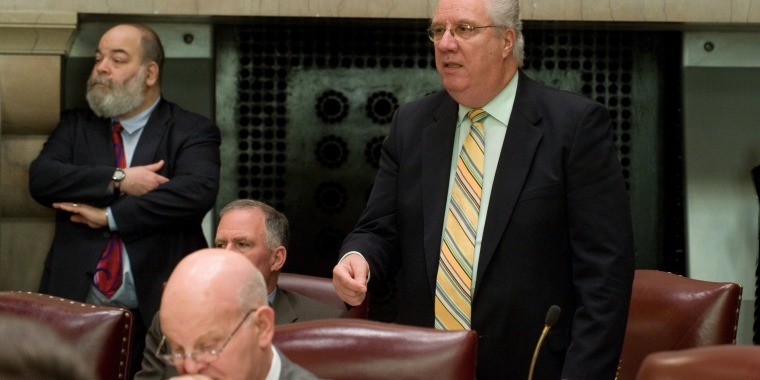
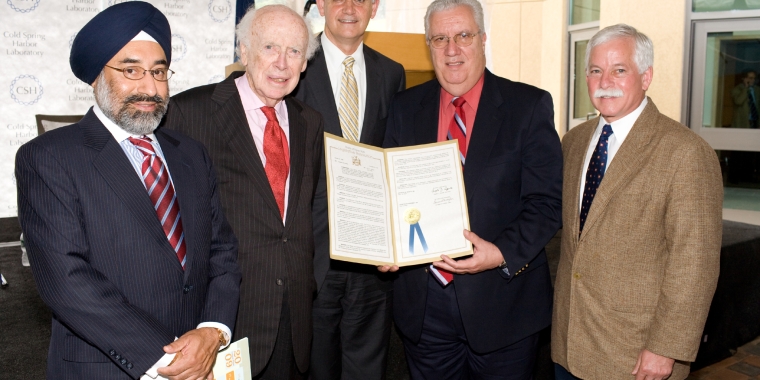

Senator Marcellino addresses New York's New Tough DWI Law
November 18, 2009
